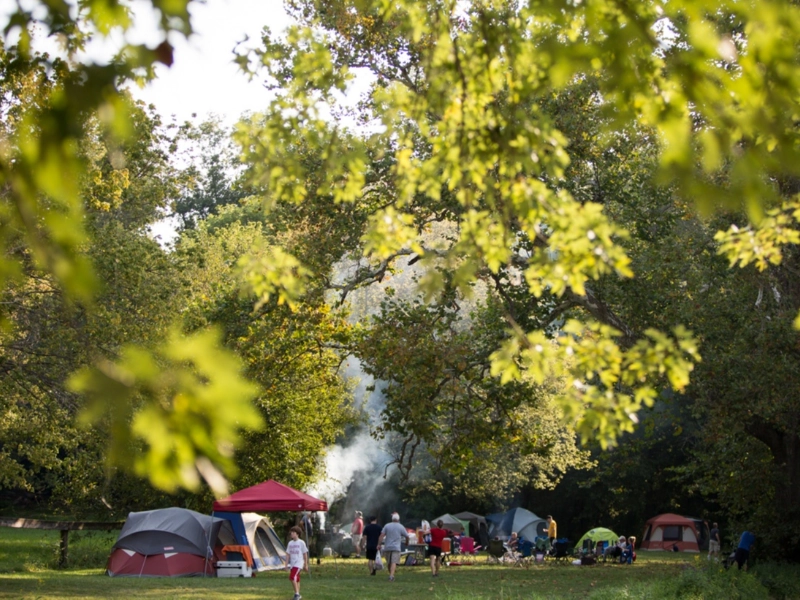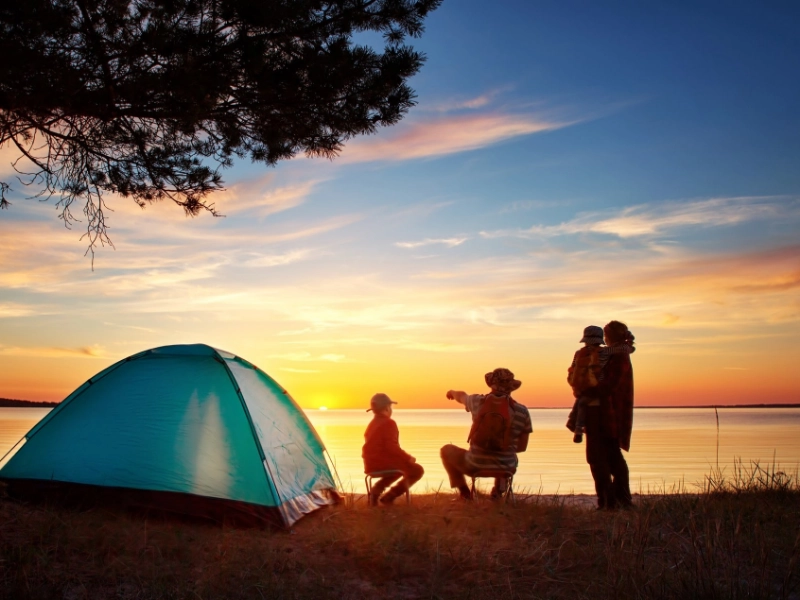Summer camp is still a great place to learn and grow, even with parents "bubble wrapping" their children in the 24-hour news cycle. Children who attend camp learn good conflict resolution techniques, strength, independence, and resilience—all of which are critical for success in school and in their chosen careers.

 Camp is the ideal location for teaching children how to engage with others in a range of contexts. Through counsellor-led icebreaker activities and frequent pairing off of cabin groups, kids get to meet new individuals and practice interacting with others in a variety of situations.
Additionally, it fosters in them a feeling of empathy for those around them. According to Glover, "your child will understand that it is important to include everyone in the community when they see another kid left out of an activity, for example."
Furthermore, camp teaches kids how to collaborate with individuals who possess varying abilities and passions. They will gain valuable experience in getting along with people who may be different from them in the real world, which is essential for adult success. Children develop resilience at camp, a skill that can prove beneficial later in life when their parents aren't constantly watching over them.
Camp is the ideal location for teaching children how to engage with others in a range of contexts. Through counsellor-led icebreaker activities and frequent pairing off of cabin groups, kids get to meet new individuals and practice interacting with others in a variety of situations.
Additionally, it fosters in them a feeling of empathy for those around them. According to Glover, "your child will understand that it is important to include everyone in the community when they see another kid left out of an activity, for example."
Furthermore, camp teaches kids how to collaborate with individuals who possess varying abilities and passions. They will gain valuable experience in getting along with people who may be different from them in the real world, which is essential for adult success. Children develop resilience at camp, a skill that can prove beneficial later in life when their parents aren't constantly watching over them.
 The distinctive activities that many camps provide—such as wilderness camping, archery, and game design classes—help kids find new interests and develop their current ones. Unlike schools that prioritize academic material, camps often encourage songs, jokes, and general silliness, providing a secure and encouraging environment for kids to be themselves.
Children also get to feel the excitement of teamwork, which is a lifelong skill that will benefit them. Also, removing themselves from electronics allows students to experience that making mistakes and picking up lessons through trial and error is acceptable.
It's also a fantastic method to instill in them a sense of gratitude for their parents, their house, and anything else they could unknowingly take for granted. They may need to spend a week or two at camp before they truly understand this, but it's a valuable lesson they can build upon.
The distinctive activities that many camps provide—such as wilderness camping, archery, and game design classes—help kids find new interests and develop their current ones. Unlike schools that prioritize academic material, camps often encourage songs, jokes, and general silliness, providing a secure and encouraging environment for kids to be themselves.
Children also get to feel the excitement of teamwork, which is a lifelong skill that will benefit them. Also, removing themselves from electronics allows students to experience that making mistakes and picking up lessons through trial and error is acceptable.
It's also a fantastic method to instill in them a sense of gratitude for their parents, their house, and anything else they could unknowingly take for granted. They may need to spend a week or two at camp before they truly understand this, but it's a valuable lesson they can build upon.
 Kids are becoming more and more dependent on technology these days, so camp is the ideal opportunity for them to disconnect and re-establish relationships with others and the natural world. They will become more independent and resilient in the process.
During camp, we encourage kids to be creative and explore new things. Because grades and performance goals don't inhibit creativity, youngsters can explore their hobbies and abilities without feeling like they're falling short. This explains why children frequently return from camp with passions they never realised they possessed. For instance, a youngster attending a theatre camp may find that they also have an affinity for costuming.
Providing a positive example for your child is the best way to urge them to disconnect. Show kids how much fun it is to interact with people and have discussions without the need for technology by asking them to assist you in the kitchen or on a family camping trip. You could even recommend a geocaching adventure to include the entire family.
Kids are becoming more and more dependent on technology these days, so camp is the ideal opportunity for them to disconnect and re-establish relationships with others and the natural world. They will become more independent and resilient in the process.
During camp, we encourage kids to be creative and explore new things. Because grades and performance goals don't inhibit creativity, youngsters can explore their hobbies and abilities without feeling like they're falling short. This explains why children frequently return from camp with passions they never realised they possessed. For instance, a youngster attending a theatre camp may find that they also have an affinity for costuming.
Providing a positive example for your child is the best way to urge them to disconnect. Show kids how much fun it is to interact with people and have discussions without the need for technology by asking them to assist you in the kitchen or on a family camping trip. You could even recommend a geocaching adventure to include the entire family.